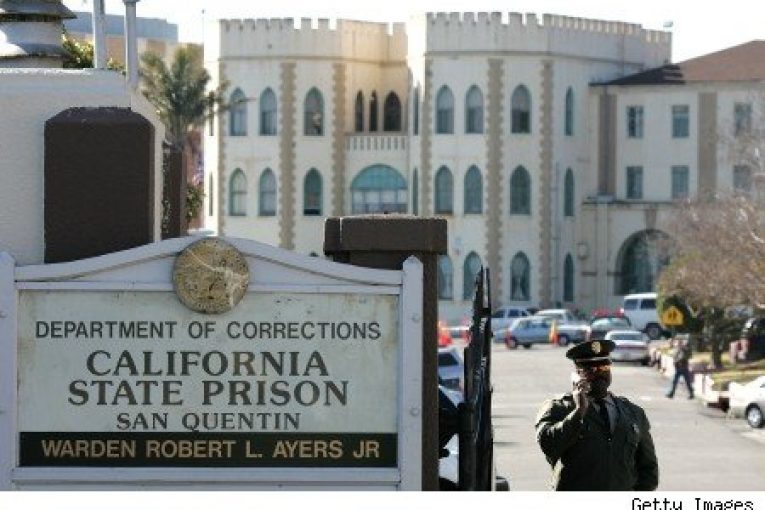

A recent survey from the Field Poll and IGA (Improper Governmental Activity) at UC Berkeley found that Proposition 62, which would end the death penalty, is ahead 48 to 37, with 15 percent undecided. On the other hand, Proposition 66, which does the opposite, only has 35 percent support against 23 percent opposition and a whopping 42 percent undecided.
While these results might seem like good news for opponents of the death penalty, it was just four years ago that Prop. 34 – which would have replaced capital punishment with life in prison without parole was ahead 45-38 in the final Field Poll before the election, only to see it defeated at the polls.
Mark DiCamillo, who directs the Field Poll, believes there are signs of encouragement for the opposition to the death penalty, which has declined in support over the last decade – after seemingly having been an untouchable issue following the 1988 presidential campaign.
“This is not a bad-news poll for Prop. 62,” Mr. DiCamillo would say.
Here is what the two measures would do:

The Field Poll has tracked opinions about the death penalty over the years and has noted a shift in attitudes. It asked the preferred penalty for those convicted of first-degree murder. Today, the preferred punishment is life without parole. Fidty-five percent support that view. Just in 2009, the poll found that a plurality supported the death penalty.
This is all somewhat of an academic exercise. California has not executed anyone since 2006, and it has effectively halted executions over challenges to its lethal injection protocol.
The New York Times notes that California has only executed 13 people since the 1970s, but “it has sentenced hundreds to death and has more prisoners on death row than any other state. California has repeatedly been criticized for keeping those people in a suspended state for years, costing Californians billions of dollars.”
Both measures believe that the death penalty system, costing more than $150 million a year for trials, appeals and death row facilities is broken. In 2014, a federal judge threw out the state’s death penalty, only to have it reinstated in 2015.
Federal Judge Cormac J. Carney wrote in a decision that, while limited, could have widespread impacts: “On April 7, 1995, Petitioner Ernest Dewayne Jones was condemned to death by the State of California. Nearly two decades later, Mr. Jones remains on California’s Death Row, awaiting his execution, but with complete uncertainty as to when, or even whether, it will ever come.
“Mr. Jones is not alone,” writes Judge Carney, “Since 1978, when the current death penalty system was adopted by California voters, over 900 people have been sentenced to death for their crimes. Of them, only 13 have been executed. For the rest, the dysfunctional administration of California’s death penalty system has resulted, and will continue to result, in an inordinate and unpredictable period of delay preceding their actual execution.”
He adds, “Indeed, for most, systemic delay has made their execution so unlikely that the death sentence carefully and deliberately imposed by the jury has been quietly transformed into one no rational jury or legislature could ever impose: life in prison, with the remote possibility of death. As for the random few for whom execution does become a reality, they will have languished for so long on Death Row that their execution will serve no retributive or deterrent purpose and will be arbitrary.”
The answer varies. “We knew we needed to say to California voters as quickly as possible that we have to get this fixed,” said Mike Ramos, the San Bernardino district attorney and one of the leading proponents of Proposition 66. “Citizens are getting rightly frustrated that we are holding the worst of the worst, people who are evil, on hold indefinitely. The families would like justice, the people want justice, and what we have does not work.”
Want to learn more? The ACLU, which supports Prop. 62 and opposes Prop. 66, will be hosting a discussion.
Northern California ACLU board member Nancy Pemberton will join us in Davis on Monday, October 3, to speak about the two conflicting death penalty initiatives, Prop. 62 (Replace the Costly, Failed Death Penalty System) and Prop. 66 which favors the death penalty (Death Penalty, Procedures, Initiative Statute) and to answer any questions voters might have about them. Ms. Pemberton has worked both as an investigator and a lawyer on multiple capital murder defense teams throughout the country.
The event will be from 7 to 8:30 on October 3 at the Blanchard Room at the Yolo County Library (315 East 14th Street, Davis).
—David M. Greenwald reporting
